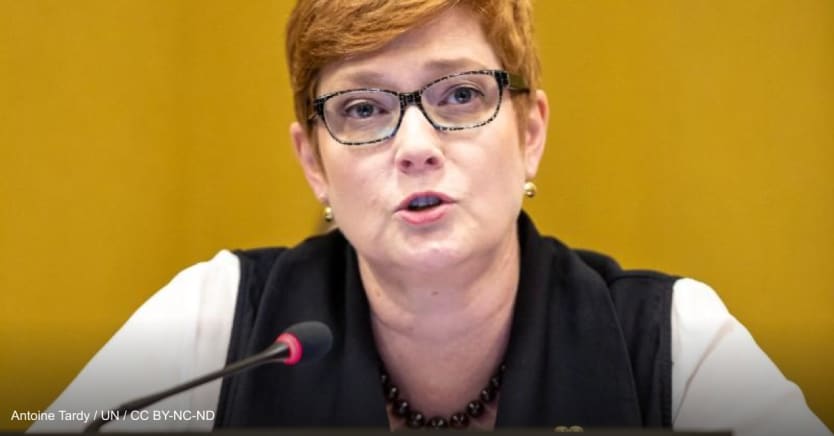
More than a month after the Myanmar military took control of the country in a coup, Australia has formally cut ties with its military.
In a statement released on March 7, foreign minister Marise Payne said: “Australia has had a limited bilateral Defence Cooperation Program with Myanmar's military, restricted to non-combat areas such as English language training. This program will be suspended.”
Payne additionally announced Australia’s development program would be redirected to “the immediate humanitarian needs of the most vulnerable and poor,” and delivery will be in partnership with non-government organizations rather than government or government-related entities.
The announcement lags behind New Zealand and the United States, who announced measures in February, but was still welcomed by the Australian development sector.
How this impacts Australian aid: In February a spokesperson for the Department of Foreign Affairs and Trade told Devex it was reviewing policies in relation to Myanmar at that time. “This is a rapidly evolving and complex situation and we will carefully consider all relevant issues before any decisions are taken,” the spokesperson said.
Payne’s statement, and acknowledgment that DFAT partners with the Myanmar government in the delivery of some programs, means DFAT is required to identify those that can be seen as benefiting the military in the country. Decisions will need to be made about programs impacted — whether they can be altered to be delivered through alternate channels, whether they should be canceled, and where funds from canceled projects should be redirected.
What to watch: Japan is facing increasing pressure to similarly cut ties with programs that could support the military junta. In February, Devex was informed by Eri Kimura, head of public relations for the Japan International Cooperation Agency Myanmar office, that decisions were still to be made on changes to development assistance. The expectation for an official decision is high.


